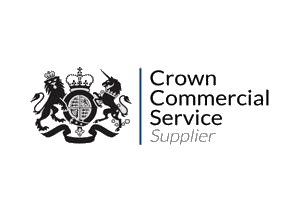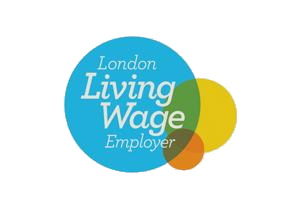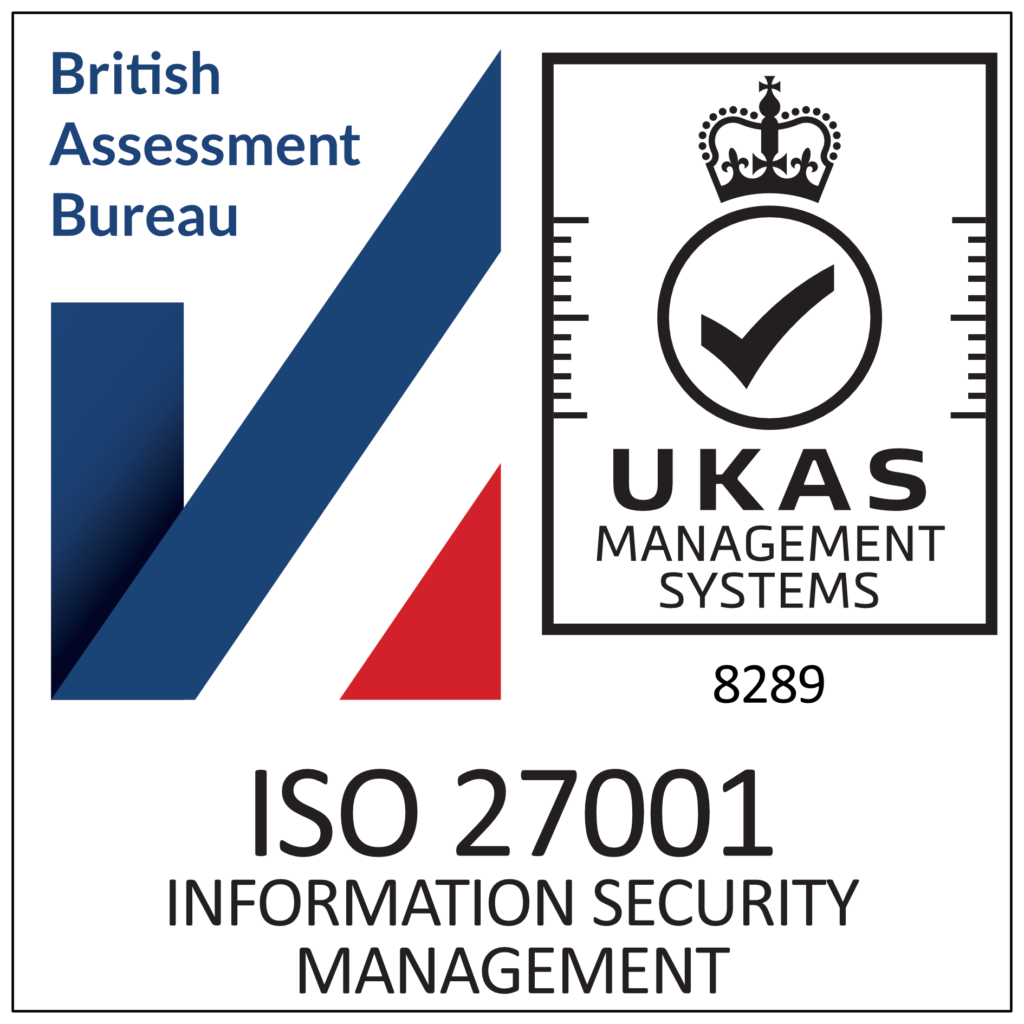How to Become a Member of Parliament (MP) in the UK
About becoming an MP
The journey to becoming an MP for many has already started. All major political parties, including Conservative, Labour and Liberal Democrats, have already selected some candidates.
It is not too late to start now.
The UK has recently experienced a number of snap elections; an election that is called earlier than the one that has been scheduled. The next general election will be different for those seeking to become an MP, with more time to prepare, but also more time spent as a candidate before the election itself. This can be very expensive and exhausting. Successful candidates rely on the knowledge, hard work and expertise of their teams.
The team at College Green Group can support and provide advice at each stage of the journey to Westminster and becoming an MP. Please contact us for an informal and confidential discussion.
What is the role of an MP in the UK?
Members of Parliament (MPs) are elected representatives who voice the concerns and interests of their constituents, debate, vote on legislation, and contribute to the development of policies that shape the country’s future. It is important to understand the role of an MP, including the skills and experience needed. Becoming an MP is a tough process, with many gaining experience in roles in local councils or other non-political roles as they prepare.
Key decision makers are selected for roles in the cabinet who immediately serve the Prime Minister. The first few years as an MP are not glamorous, and you won’t have much ability to make major decisions whilst you are a back-bencher (not part of the current government or opposition). Many back-benchers get involved with select committees and All-Party Parliamentary Groups (APPGs) to practise their skills and explore their political interests.
The process of becoming an MP
Becoming an MP offers a unique opportunity to represent your voters and constituents to shape policies at the national level. Our cross-party guide on how to become a Member of Parliament (MP) in the UK aims to outline the process of entering parliament. Whether you are passionate about politics, community service, or making a difference in society, this step-by-step guide will provide you with valuable insights into the qualifications, skills, and process required to pursue a successful career as an MP.
A step-by-step guide to become an MP
There are many pathways to enter parliament: here are some typical steps on the journey to become an MP.
Join a political party
The vast majority of MPs get elected on behalf of a political party because of the support and operational know-how they have. You can shape the political party when you’re in it, but pick a political party after considering the policies. There are great people in all parties, but be realistic about your views and the party’s views.
Choose a political party that mostly aligns with your values and join as a member. You don’t need to agree with everything, but you do have to play as a team. Active involvement in your chosen party will provide opportunities to network, gain experience, and build a strong foundation for your political career.
There are many non-political roles such as School Governor, NHS Foundation Trust Hospital Governor and general community volunteering. These are all great activities where you can make a real difference before the election. Start learning how to empathise and solve residents’ concerns early. There is a common quip that all politics is local and you will need to become very good at getting involved locally and make sure your seat wants to elect you each time.
Engage locally and build support
Building a strong support base within your constituency is crucial for a successful election campaign. You can’t win alone, and most political parties have a branch or association set up which it is useful to know quickly.
Becoming actively involved in your local community by participating in community events, engaging with local organisations, and addressing the concerns of your constituents is vital, it is very hard to win a seat without volunteers and advocates.
Prepare as a person
This is an often forgotten step which is hard to do in situations with a snap general election. For the vast majority of candidates that have not been councillors, they need to prepare their work and family for this transition. It is important to begin those conversations early. It is a huge burden becoming an MP, and not just with you but with those that you are close to.
There are many late nights when parliament is sitting. The job is often not considered compatible with raising a family, with the lifestyle of being in the constituency Thursday to Sunday and in Westminster Monday to Wednesday.
Seek party nomination
This is often a two-step process in the UK, first is about being an approved list for any political party. Each political party has different criteria on this, so get to know the local team and have conversations.
To become an MP, you must secure your party’s nomination in a constituency. This involves demonstrating your commitment to the party’s values, policies, and local community. Network with party officials, engage with local party members, and work towards gaining their endorsement.
Stand for election
Once nominated, you will stand as a candidate in a general election or a by-election. Develop a compelling campaign strategy that resonates with your constituents, highlighting your qualifications, vision, and dedication to serving their interests. Utilise various campaign tools, such as public speeches, canvassing, and social media, to effectively reach voters. All major political parties will have a manifesto which you will be expected to follow.
Finance the campaign
Ensure your campaign adheres to the rules and regulations set by the Electoral Commission. Familiarise yourself with campaign expenditure laws, disclosure requirements, and spending limits to maintain transparency and compliance throughout the election process.
Connect with voters
Engage with voters through public debates, town hall meetings, and door-to-door canvassing. Communicate your stance on key issues, listen to constituents’ concerns, and articulate your plans to address them effectively. Building personal connections with voters is crucial for gaining their trust and support.
Election day and beyond
On election day, encourage your constituents to exercise their democratic right to vote. Maintain a strong presence at polling stations, interact with voters, and demonstrate your commitment to serving their interests. Following a successful election, fulfil your responsibilities diligently, representing your constituents and contributing to national debates and legislation.
Your career as an MP
Becoming an MP in the UK is a challenging yet rewarding journey. By understanding the role, engaging with your local community, securing party nomination, and running an effective campaign, you can increase your chances of successfully becoming an elected representative. Remember, a career as an MP requires dedication, resilience, and a genuine passion for public service. Start your journey today and make a difference in the lives of those you represent.
Contact us to learn more about the process of becoming an MP or for any further assistance. At college Green group we are here to help you at every stage of your journey and guide you though this proves both for what it is but also how we can make it easier and more fun and in turn for you to become successful.



